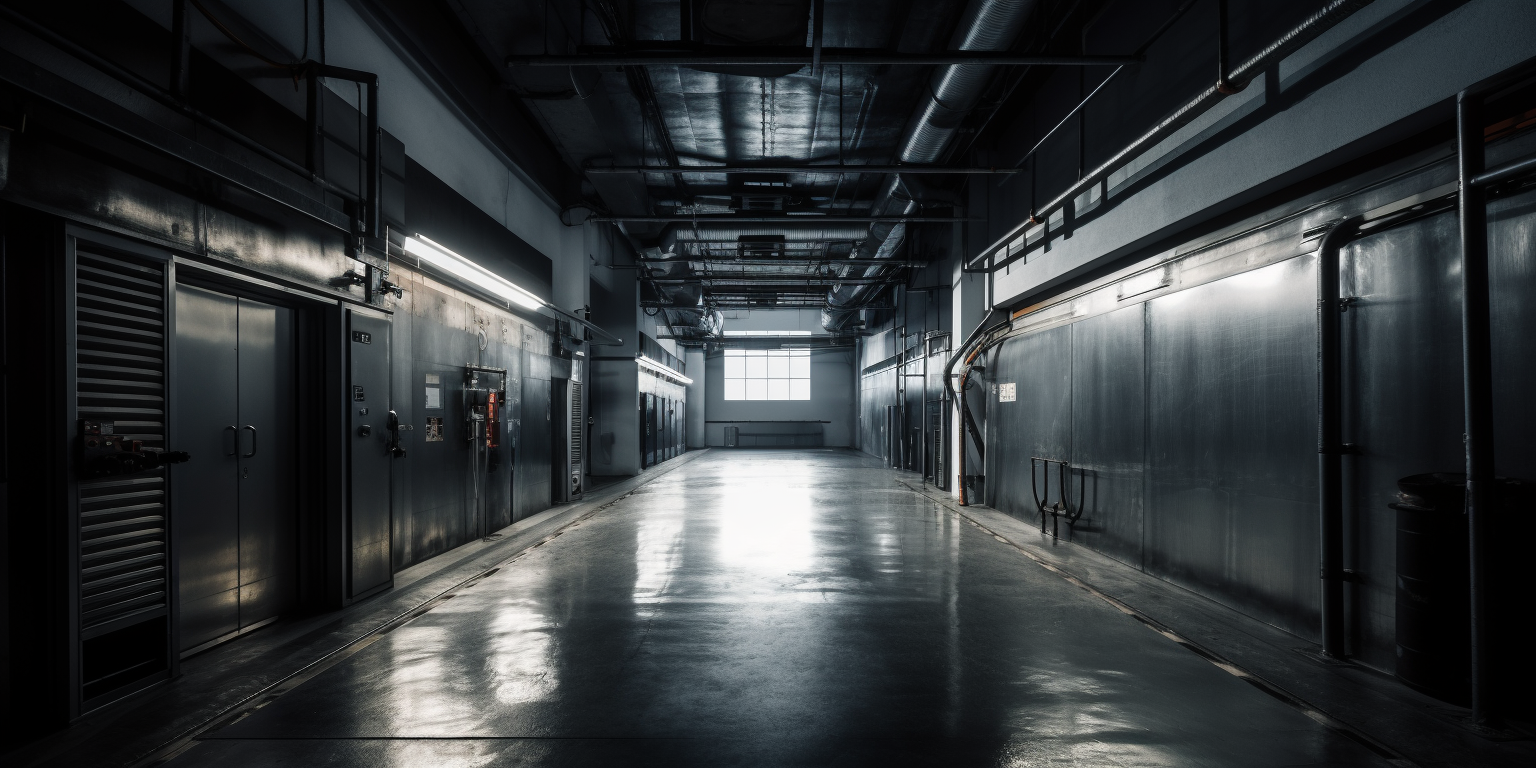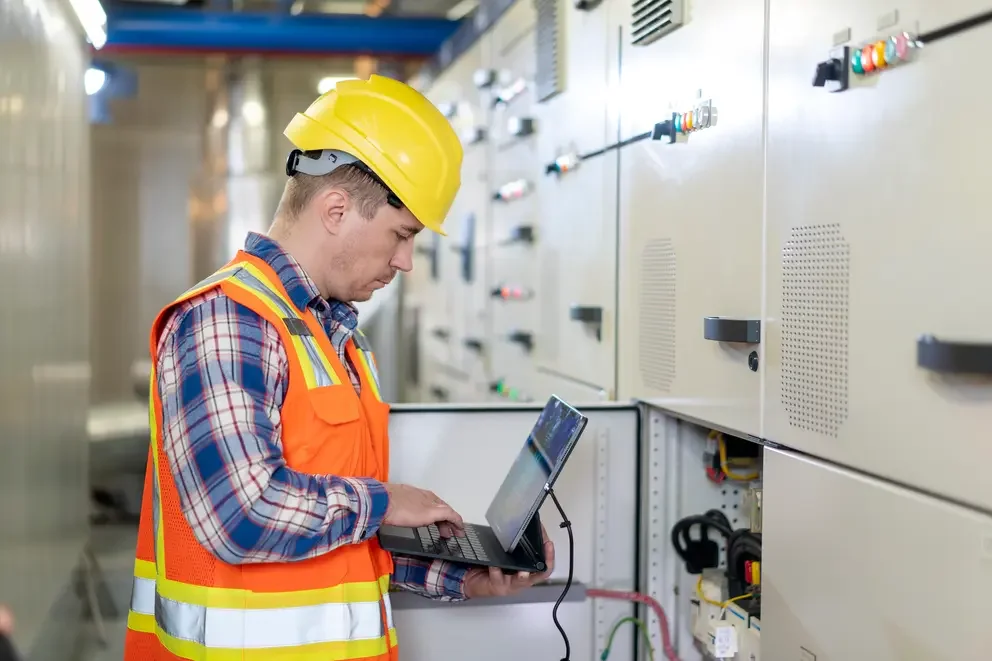Refrigeration industries play a crucial role in our daily life. These industries center around the use of refrigeration technology, which is an essential tool for preserving food, medicines, and other perishable goods.
Refrigeration industries innovate and manufacture various products, including refrigerators, freezers, and air conditioners, among others. These products contribute significantly to sectors such as food and beverage, healthcare, and hospitality. For instance, in the food industry, refrigeration ensures the freshness and safety of food from the farm to our tables. In the medical sector, it helps in maintaining the effectiveness of life-saving drugs and vaccines.
Moreover, refrigeration industries contribute to improving our quality of life. They enable us to enjoy fresh food regardless of season or location, keep our homes and offices comfortable during summer, and even allow us to explore and inhabit otherwise inhospitably hot regions of the world.
In addition to these, refrigeration industries are continually evolving with technological advancements. These industries are now focusing on energy-efficient and environmentally friendly refrigeration solutions in response to global warming and energy conservation concerns.
How has the refrigeration industry evolved over the years?
The refrigeration industry has undergone remarkable transformations over the years. In the early stages, people relied on natural sources like ice and snow for refrigeration. With the advent of the mechanical refrigeration system in the 1800s, we began to see a significant shift. This ground-breaking innovation simplified the preservation of food and other perishable items, making a noticeable impact on our day-to-day lives.
Fast forward to the 20th century, the refrigeration industry witnessed a boom, spurred by technological advancements and growing consumer demand. Refrigeration became an integral part of various sectors, from food and beverage to healthcare, underlining its broad-based utility.
In the recent past, the focus has been on energy efficiency and environmental sustainability. The industry has embraced green technologies, phasing out harmful refrigerants, and incorporating energy-saving features in their designs. Today’s refrigeration systems are not only more efficient but also kinder to the environment.
Furthermore, the rise of digital technology has introduced a new dimension to refrigeration. IoT-enabled refrigerators that can monitor their contents, send alerts, and even make grocery lists are now a reality. These smart features herald the advent of a new era in the refrigeration industry.
In essence, the journey of the refrigeration industry mirrors human progress. As our needs and concerns have evolved, so too has refrigeration technology, and it continues to do so. The future of the refrigeration industry is set to be as dynamic and exciting as its past, driven by incessant innovation and a commitment to better serve humanity.
How does the refrigeration industry contribute to the global economy?
The refrigeration industry is a critical cornerstone of the global economy, facilitating food preservation, healthcare, and air conditioning. Efficient refrigeration systems are vital for the food industry, ensuring that perishable goods remain fresh during transportation from fields to supermarkets, and subsequently, to our tables. This aspect helps in reducing wastage and contributing significantly to food security on a global scale.
In the healthcare sector, the refrigeration industry plays a vital role. It helps in preserving medicines and vaccines at optimal temperatures, enabling their effective use even in remote locations. This aspect is particularly crucial in times of global pandemics, where the quick and safe transportation of vaccines becomes a necessity.
Furthermore, the refrigeration industry supports the HVAC sector, contributing to a comfortable living and working environment, particularly in regions with extreme weather conditions. Air conditioning systems, a product of the refrigeration industry, are an integral part of residential, commercial, and industrial buildings, enhancing productivity and quality of life.
The industry also creates numerous job opportunities, from manufacturing and installation to maintenance and repair services. These employment opportunities contribute to the economic growth of individual households and the broader economy.
Lastly, with the evolution of green and energy-efficient technologies in the refrigeration sector, the industry is also contributing towards environmental sustainability. By fostering innovation and growth within the sector, the refrigeration industry continues to be a significant player in the global economy.
What are the environmental impacts of the refrigeration industry, and how are they being mitigated?
The refrigeration industry significantly impacts the environment in a few key ways. Firstly, refrigerants, the substances that cool our homes and preserve our food, are often potent greenhouse gases. When these substances leak into the atmosphere, they contribute to global warming.
Secondly, refrigeration systems consume a large amount of energy, especially in commercial sectors. This high energy usage results in significant carbon dioxide emissions, a major factor in climate change.
However, the refrigeration industry is actively working to mitigate these environmental impacts. One crucial step is the switch to environmentally friendly refrigerants. These substances are less damaging to the ozone layer and have a lower global warming potential compared to traditional refrigerants.
The industry is also focusing on energy efficiency to reduce the overall environmental footprint. Modern refrigeration systems are designed to be more energy-efficient, significantly cutting down on energy consumption and associated emissions. Manufacturers are developing advanced technologies such as variable-speed compressors and electronic expansion valves that improve the efficiency of refrigeration systems.
Finally, many companies in the refrigeration industry are adopting sustainable practices in their operations. They are investing in renewable energy sources to power their facilities, reducing waste, and promoting recycling. These measures help to lessen the environmental impact of the industry.
How do government regulations impact the refrigeration industry?
Government regulations significantly influence the landscape of the refrigeration industry. For starters, they mandate the use of environmentally friendly refrigerants, steering the industry away from substances that contribute to ozone depletion and global warming. Manufacturers are now actively innovating, creating new, greener alternatives.
Additionally, the government imposes energy efficiency standards on refrigeration appliances. These regulations push manufacturers to design and produce units that consume less electricity, reducing the environmental impact and saving consumers money on energy bills. This regulatory pressure is a catalyst for innovation and the development of advanced, energy-saving technology.
Building codes and safety regulations also play a crucial role. Refrigeration units must adhere to specific guidelines to ensure they are safe for residential and commercial use. These restrictions help prevent accidents, protect consumers, and maintain product quality.
Lastly, trade policies impact the industry, particularly those related to import and export regulations. These can affect the supply chain, material costs, and ultimately, the price of finished products.
What role does refrigeration play in the food supply chain?
Refrigeration holds a vital role in the food supply chain, ensuring that our daily groceries stay fresh and safe to consume. From farm to fork, refrigeration is at work, preserving food quality.
When farmers harvest crops or dairy producers collect milk, refrigeration steps in to maintain freshness. These products often require cold storage to inhibit bacterial growth and prevent spoilage. In the meat and fish industries, refrigeration is even more essential, as these products are highly perishable.
After the initial production stage, these chilled goods travel via refrigerated transportation, often known as ‘cold chain logistics’. Refrigerated trucks, sea containers, and even aircraft keep goods at optimal temperatures throughout their journey. This phase is crucial as any break in the cold chain can lead to food wastage and loss of profits.
Upon reaching retail locations, refrigeration continues to play an indispensable role. Supermarket refrigerators and freezers display goods at safe temperatures, inviting customers to buy fresh, high-quality products. Restaurants and catering services also rely on refrigeration to store raw materials until they’re ready for preparation.
Lastly, in our homes, refrigerators and freezers uphold the final link in the food supply chain. They allow us to store foods safely until we’re ready to prepare and eat them, reducing food waste and saving money.
What are the main challenges faced by the refrigeration industry, and how are they being addressed?
The refrigeration industry is critical to our everyday lives, yet it faces numerous challenges. One primary challenge is energy consumption. Refrigeration systems consume a significant portion of global energy, leading to increased operation costs and environmental concerns. Many companies are addressing this issue by investing in energy-efficient technologies and renewable energy sources.
Secondly, the sector grapples with environmental impacts, mainly relating to the emission of harmful refrigerants. These emissions contribute to global warming and harm the ozone layer. To combat this, industry leaders are making strides to switch to eco-friendly refrigerants and developing equipment that minimizes leakages.
Lastly, the industry confronts the issue of food waste. A significant amount of food is wasted due to ineffective refrigeration. Firms are addressing this by improving the performance and reliability of refrigeration systems, extending the life of fresh produce, and thus reducing food waste.
What are the latest technological advancements in the refrigeration industry?
The refrigeration industry is experiencing an exciting wave of technological advancements. For example, the introduction of the Internet of Things (IoT) has revolutionized how we monitor and maintain refrigeration systems. IoT devices provide real-time data on temperature, humidity, and energy usage, enabling immediate adjustments and proactive maintenance to optimize efficiency.
Smart refrigeration, a trend gaining traction, offers user-friendly interfaces and advanced functionalities. These refrigerators can assess their contents, suggest recipes, and even alert users when items are approaching their expiry dates.
Another significant breakthrough comes from the realm of green technology. The industry is increasingly adopting natural refrigerants to minimize environmental impact. These eco-friendly alternatives, such as CO2 and hydrocarbons, replace traditional refrigerants and significantly reduce the systems’ carbon footprint.
Furthermore, advances in insulation materials are improving energy efficiency. Vacuum insulated panels and aerogel-based insulations offer superior thermal performance, ensuring better temperature control and reducing energy consumption.
Lastly, digital twins – virtual replicas of physical systems – are emerging in refrigeration. They allow for precise simulation and testing, leading to improved design and operational efficiency. These are just some of the innovations shaping the future of the refrigeration industry, and we can expect even more as the field continues to evolve.
Key Takeaways:
- The refrigeration industry is heavily influenced by various regulations, including energy efficiency standards, building codes, safety regulations, and trade policies.
- Refrigeration plays a crucial role in the food supply chain, from the initial stages of production to the final storage in our homes, ensuring that food stays fresh and safe to consume.
- The refrigeration industry faces significant challenges, including high energy consumption, environmental impacts due to harmful refrigerants, and food wastage due to ineffective refrigeration.
- Companies are addressing these challenges by investing in energy-efficient technologies, switching to eco-friendly refrigerants, and improving refrigeration system performance.
- The industry is experiencing a wave of technological advancements, such as IoT monitoring, smart refrigeration features, natural refrigerants, improved insulation materials, and digital twins. These innovations contribute to the industry’s ongoing evolution.



